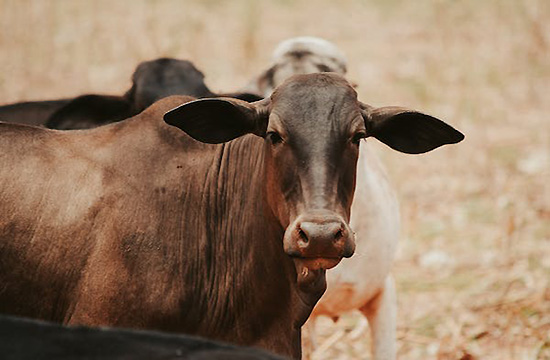
Centuries-old culinary traditions deeply embed meat as a cultural staple.
The rich tapestry of traditions and preferences weaves a narrative that keeps meat at the heart of diverse diets, posing a challenge to swift shifts in consumer choices.
As economies surge, so does meat consumption. Viewed as a symbol of affluence, rising incomes prompt heightened meat intake.
The allure of prosperity and the perception of meat as a nutritional powerhouse fosters a continued preference for meat in various regions.


Investing heavily in marketing, the meat industry strategically emphasizes taste,convenience, and perceived health benefits.
This concerted effort influences consumer choices, making meat-based products appealing and perpetuating a global preference for their flavor profile.
Human evolution favors omnivory, and the taste preferences developed over time align with the flavors found in meat.
Despite increasing awareness about health and environmental impacts, taste and texture preferences, economic ties, limited alternatives, and cultural significance pose formidable barriers to the widespread adoption of plant-based diets.


Cultural, economic, and nutritional factors contribute to the resistance against significant decreases in meat consumption.
The availability of alternatives, awareness campaigns, and policy changes are crucial in addressing these barriers and fostering a sustainable shift towards more plant-based diets.

